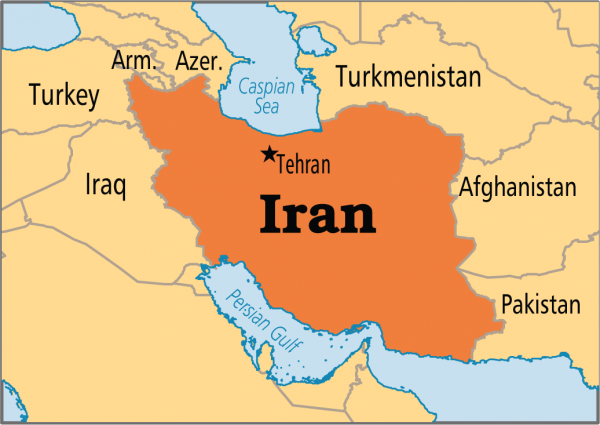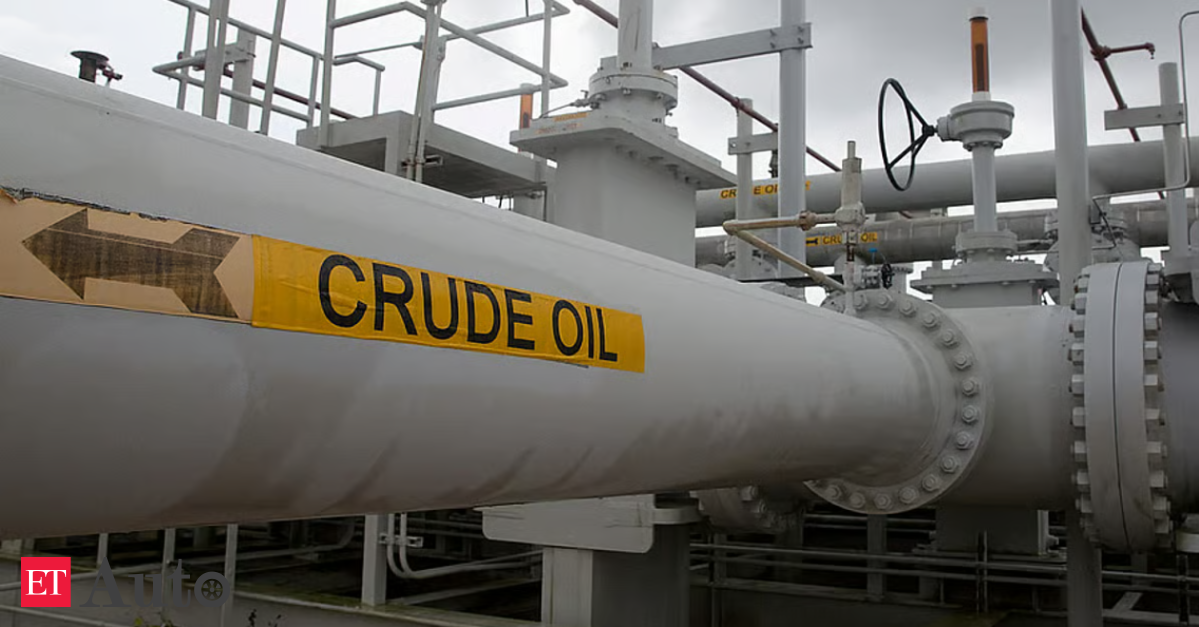Global Markets React to US Strikes on Iran: Oil Surges, Tensions Rise

Oil prices surged significantly in global markets following the United States' precision airstrikes on three Iranian nuclear facilities—Fordo, Natanz, and Isfahan—on Saturday, June 21, 2025. This direct intervention by the US in the ongoing Iran-Israel conflict marked a major escalation of tensions in the Middle East. US oil futures jumped by as much as 3.6%, reaching approximately $76.47 per barrel, while Brent futures, the global benchmark, increased by up to 5.7%, hitting prices near $81 per barrel at their peak, before easing slightly. This surge pushed crude prices to a five-month high, driven by heightened geopolitical risk and concerns over potential supply disruptions.
President Donald Trump announced the attacks, hailing them as a “spectacular military success” and claiming that Iran’s key nuclear enrichment facilities had been “completely and totally obliterated.” Defense Secretary Pete Hegseth also stated that Iran’s nuclear ambitions had been “devastated.” The timing of the strikes was unexpected, as Trump had previously indicated he would decide on US involvement within two weeks, defying his past pattern often referred to as “TACO” (Trump Always Chickens Out). Trump warned Iran of “far worse” future attacks if they failed to make peace and abandon their nuclear program.
In response, Iran’s Foreign Minister Abbas Araghchi condemned the attacks as “outrageous” and asserted that Tehran reserved “all options” to defend its sovereignty and people. Supreme Leader Ayatollah Ali Khamenei issued a stern warning, stating that Americans should expect “greater damage and blows than ever before,” signaling Iran’s determination to retaliate. The full extent of the damage inflicted on Iran's nuclear sites remains unclear, with the UN nuclear watchdog unable to assess the heavily fortified Fordo site, and Iranian officials reporting only minor damage.
A critical concern stemming from the escalation is the potential closure of the Strait of Hormuz, a narrow chokepoint through which approximately 20% to 33% of global seaborne oil and one-fifth of the world’s liquefied natural gas trade flows daily. Iranian state media reported that Iran’s parliament had voted to close the Strait in retaliation for the US strikes, though the final decision rests with the country's Supreme National Security Council. Energy analysts warn that such a move would be economically devastating for Iran itself, as its own oil exports pass through the waterway, but could also send global oil prices skyrocketing to over $100, or even $110 per barrel, and cause significant increases in US gasoline prices, potentially exceeding $4 per gallon.
Despite the threats, many analysts are skeptical that Iran would fully close the Strait of Hormuz due to the severe economic self-sabotage it would entail and the presence of US and allied naval forces in the region. US Secretary of State Marco Rubio urged China, Iran’s largest oil customer, to use its influence to prevent Tehran from closing the Strait. China, for its part, criticized the US strikes, calling for an immediate ceasefire and warning that the US involvement had “further complicated and destabilized the Middle East situation.”
The market reactions extended beyond oil, with US stock futures falling across the Dow, S&P 500, and Nasdaq. Asian markets also traded lower, including Tokyo, Hong Kong, Seoul, and Sydney, reflecting widespread investor caution. Conversely, the US dollar strengthened, serving as a safe-haven asset, while Israeli stocks surged to record highs, as traders believed the attacks could reduce the nuclear threat posed by Iran. Economists expressed concerns that sustained high oil prices could trigger higher inflation, potentially delaying interest rate cuts by central banks. The International Monetary Fund (IMF) warned of “secondary and tertiary impacts,” including downward revisions in global growth prospects due to increased uncertainty.
Domestically, President Trump’s decision to engage the US military in active warfare marked a significant shift from his previous vows to avoid such conflicts. His administration presented the strikes as a restoration of US military prestige, contrasting it with the perceived shortcomings of the previous administration. Trump’s Treasury Secretary, Scott Bessent, likened the President to Winston Churchill, praising his “unconventional” and flexible strategy. While Republican lawmakers, like Rep. Darrell Issa, argued that Trump did not require congressional approval for the strikes, Democrats criticized the administration for not fully informing them, leading to debate over executive authority in military action.
Globally, nations like India are closely monitoring the situation, assuring their citizens of adequate oil supplies and noting their diversified import routes, although a substantial portion of India’s crude and natural gas imports still pass through the Strait of Hormuz. Overall, the market remains on edge, with a significant geopolitical risk premium now priced into crude oil. Investors are bracing for continued volatility as they await Iran’s response and monitor key economic data releases, including Fed Chair Jerome Powell’s testimony and inflation reports, which will further shape market sentiment.











